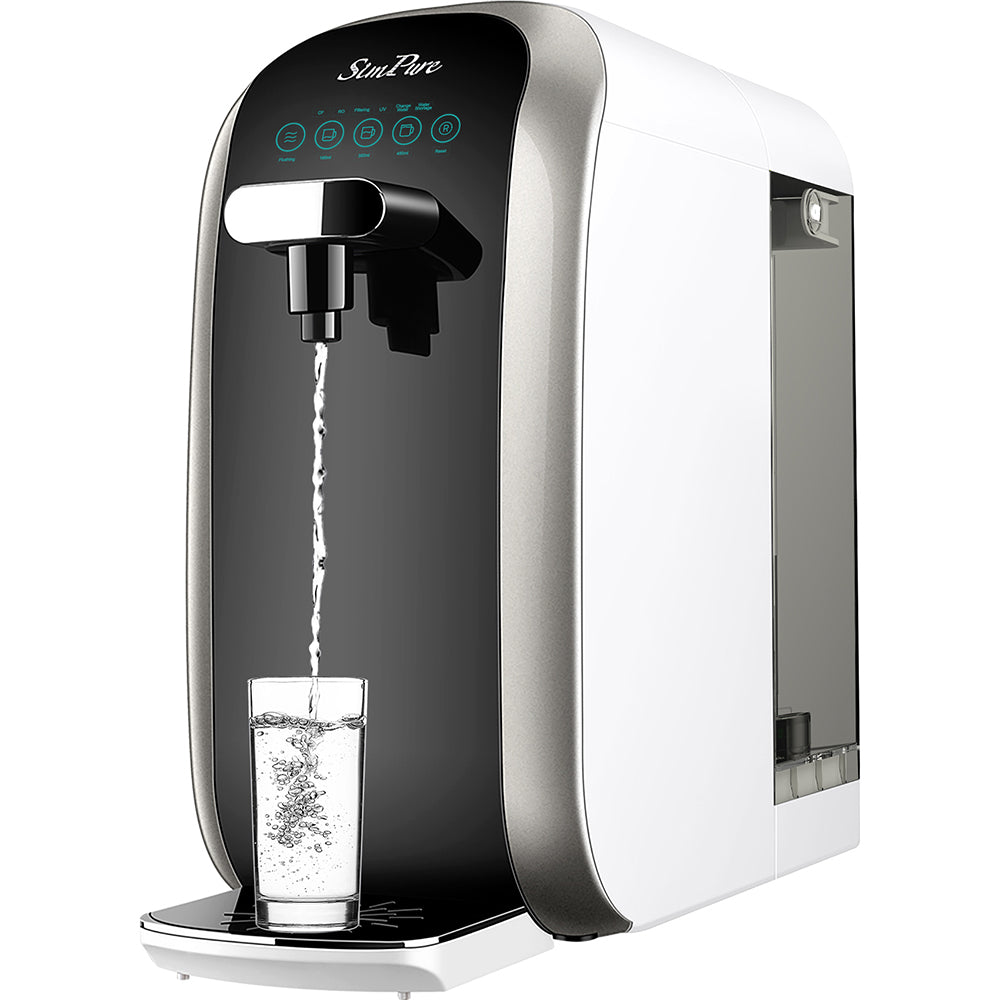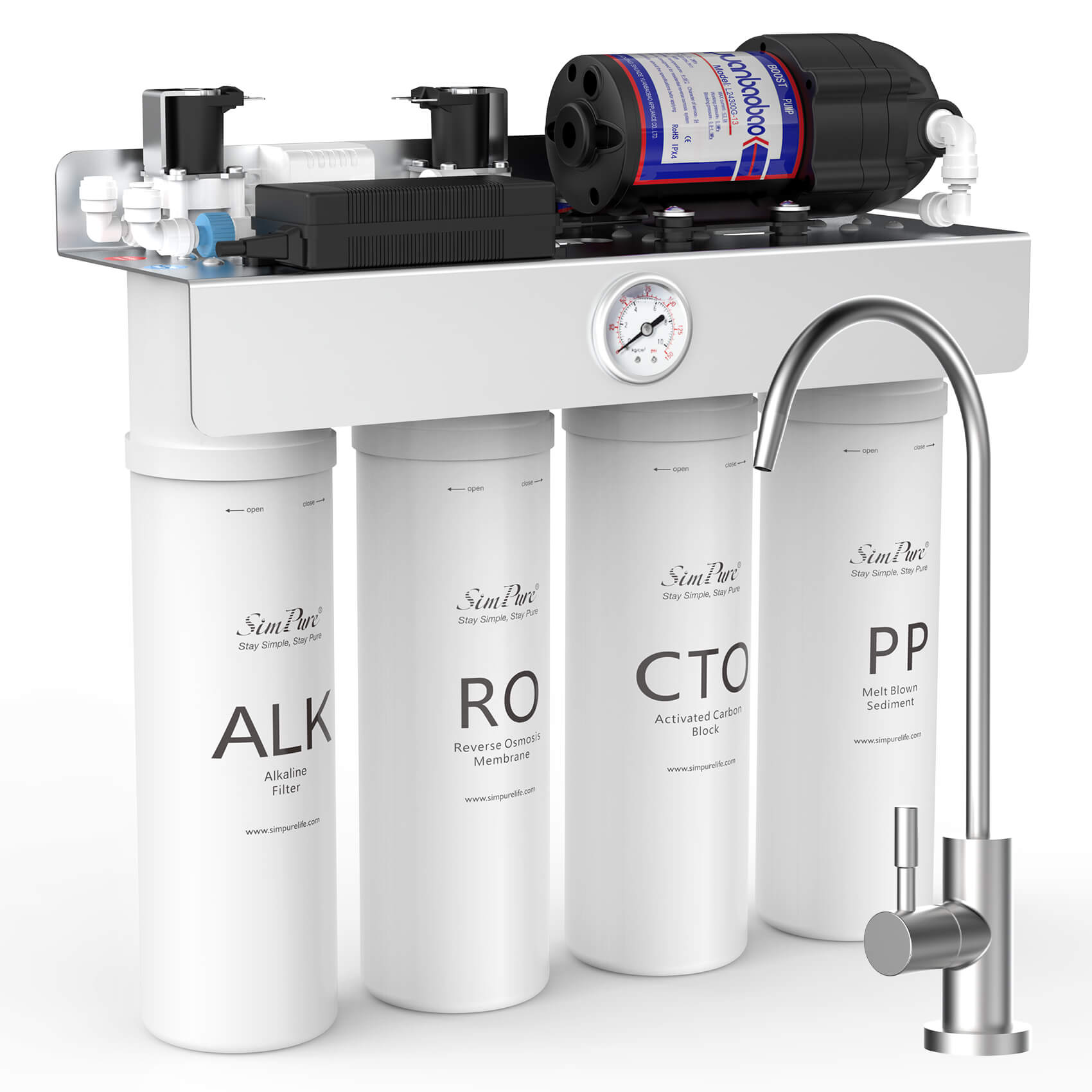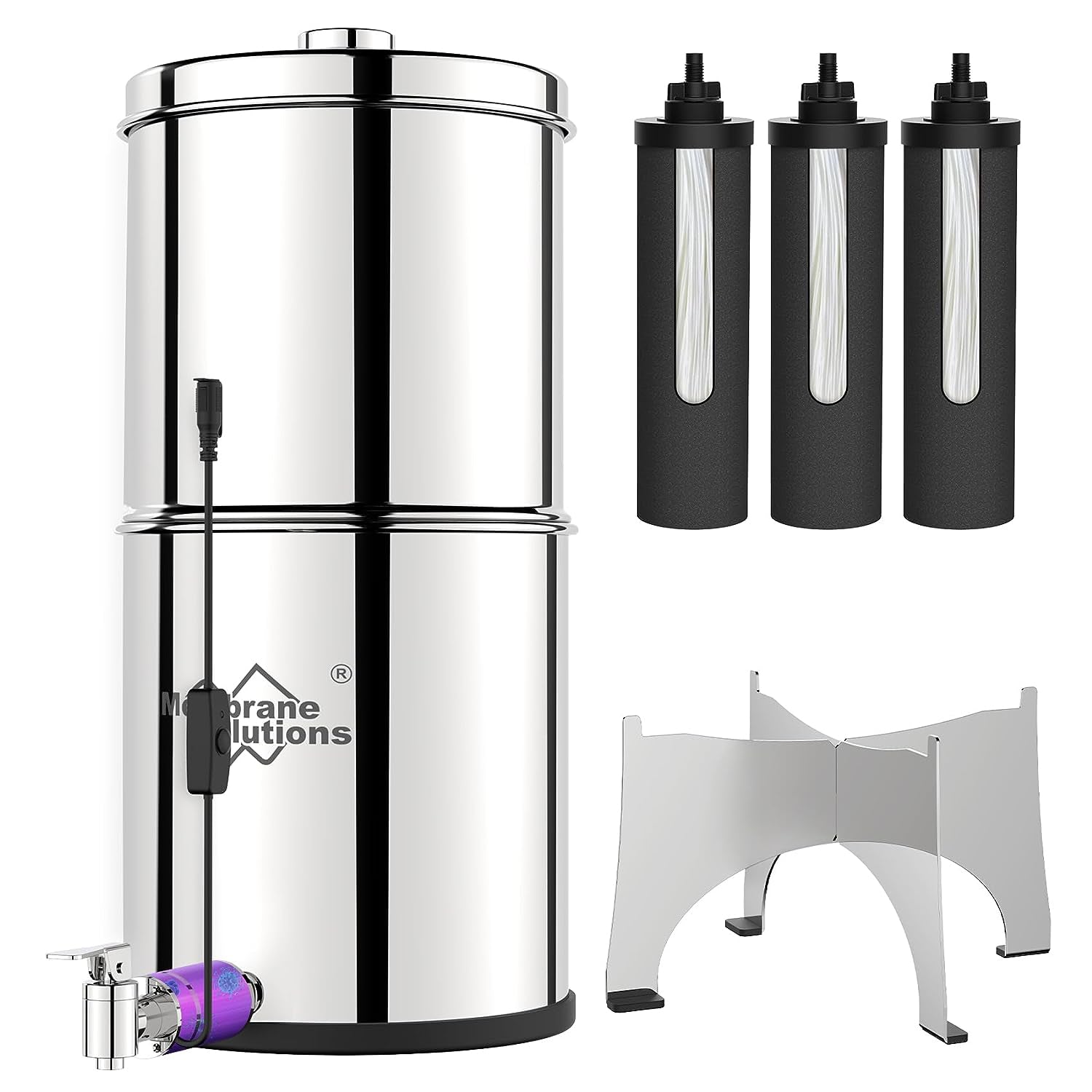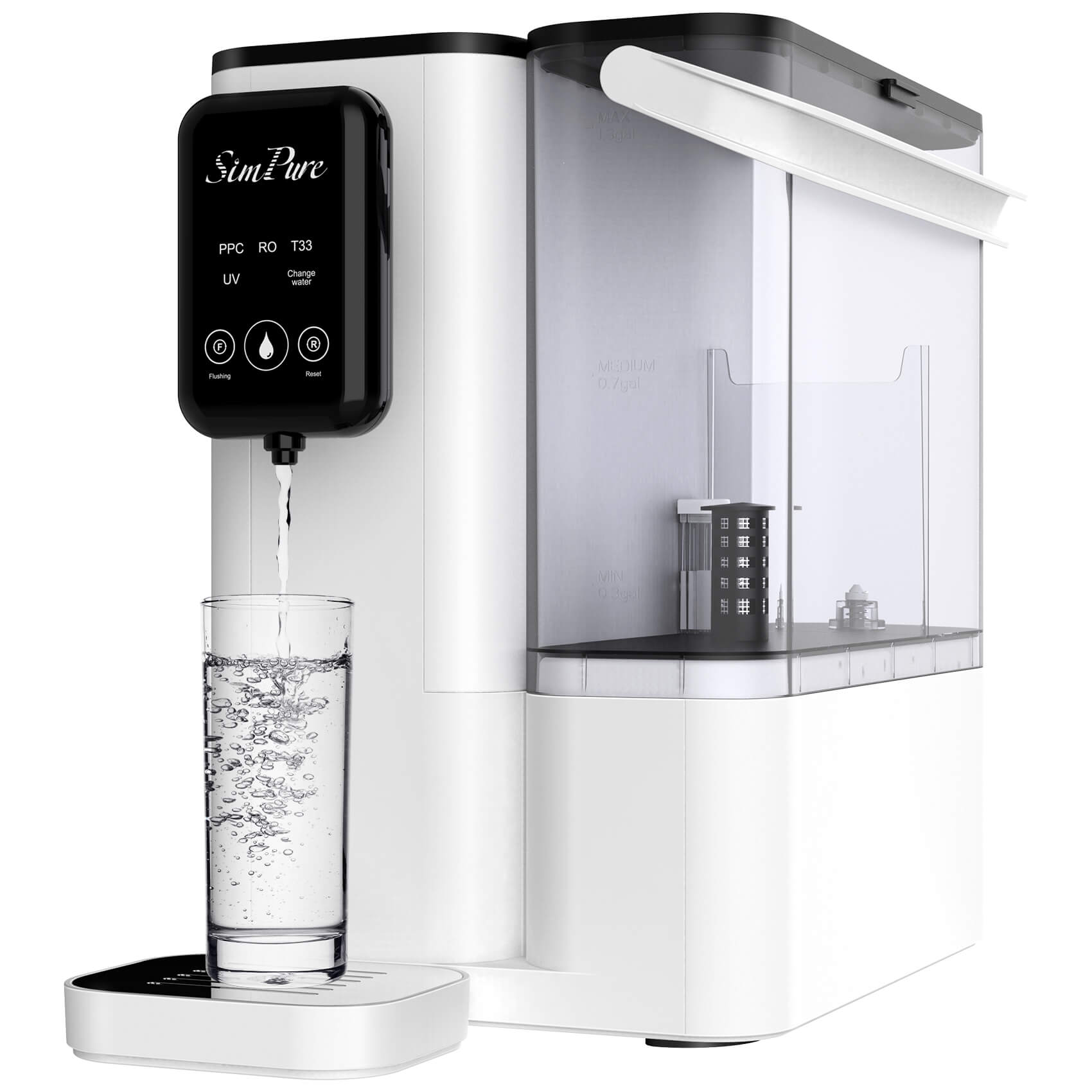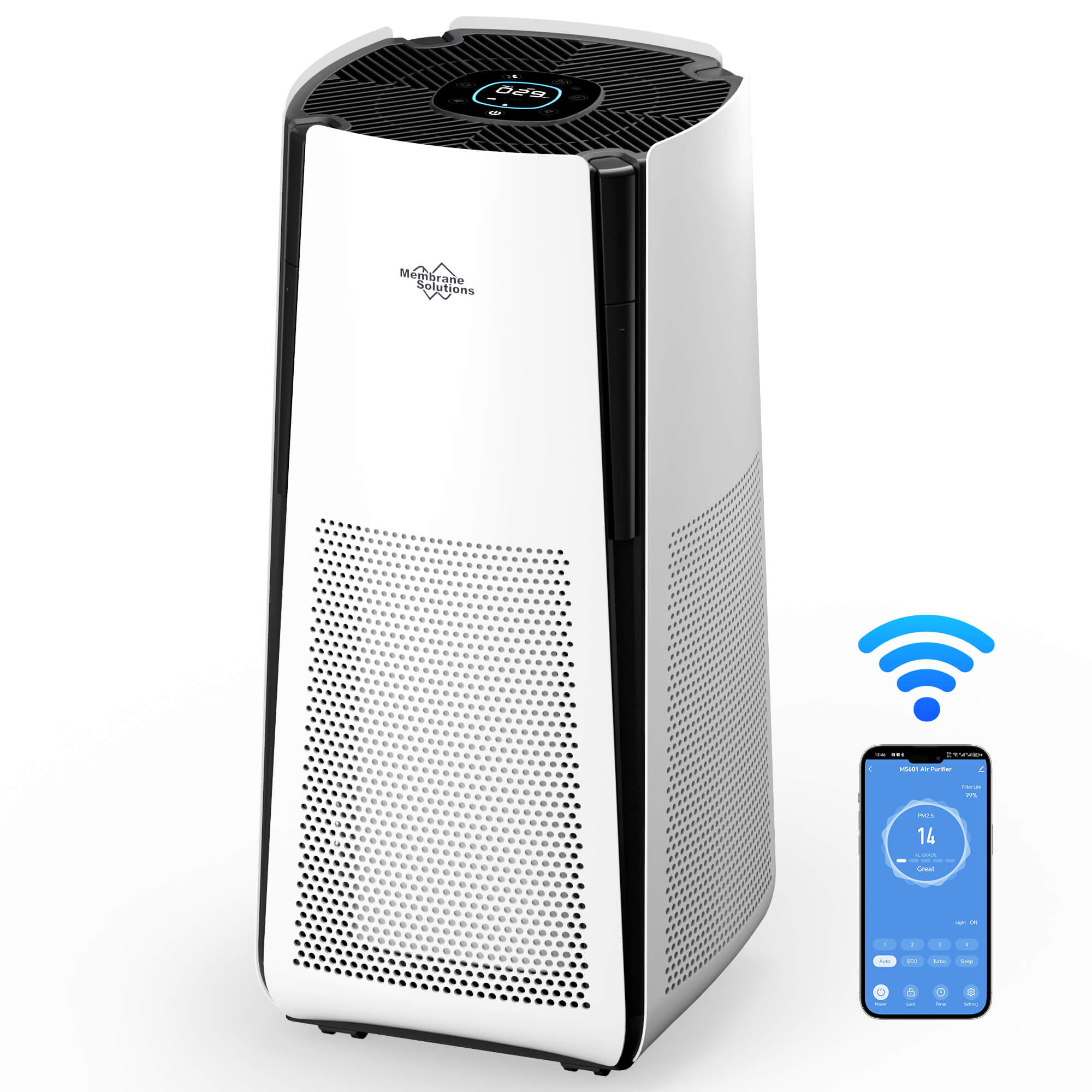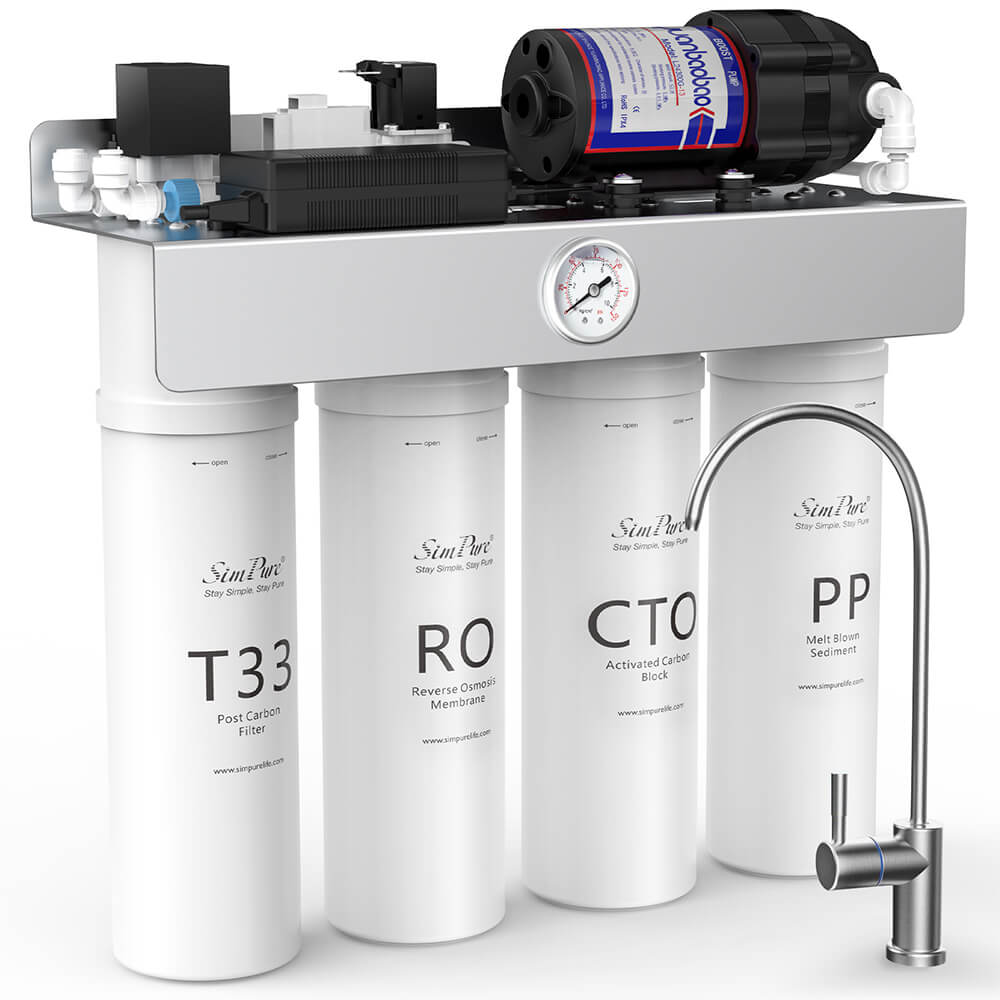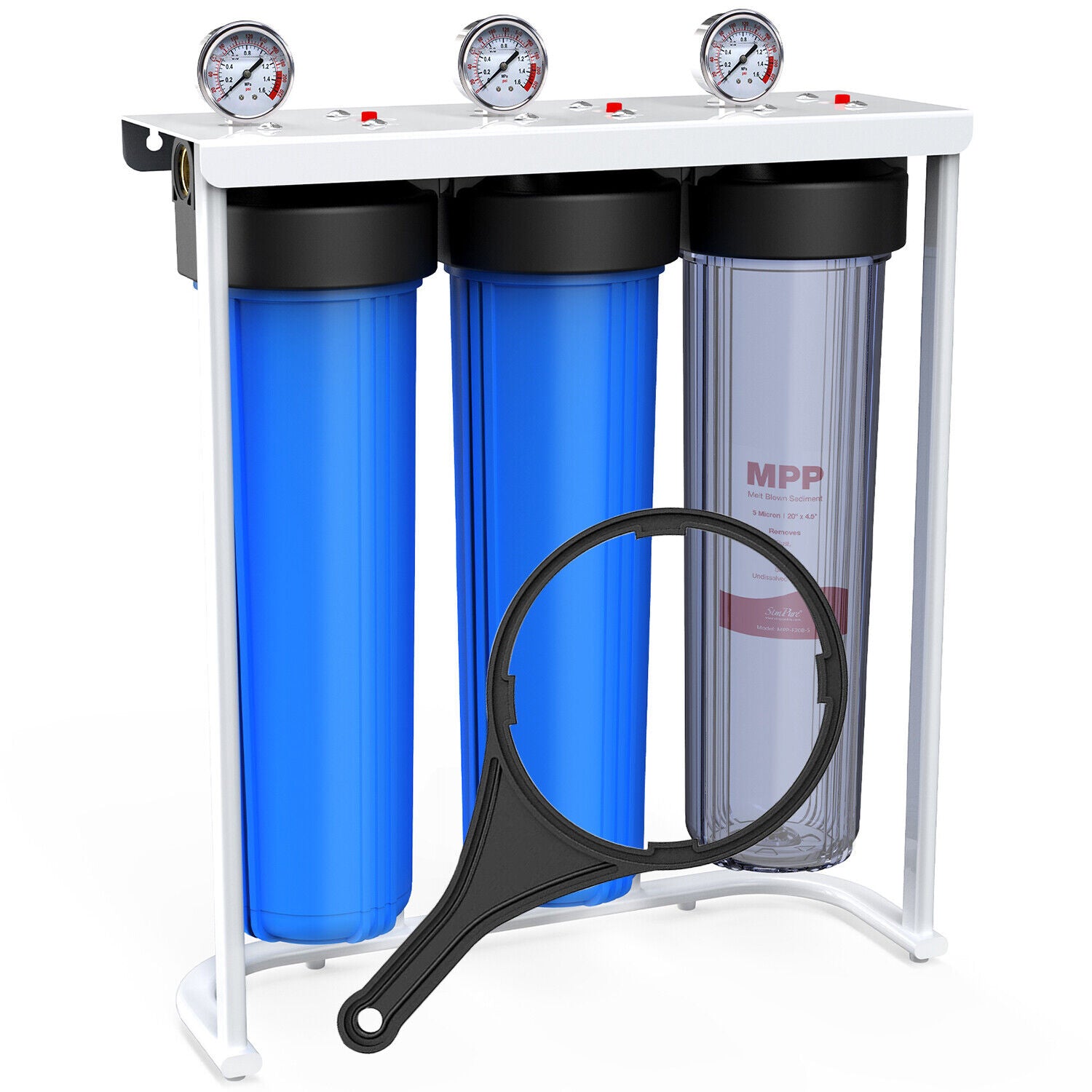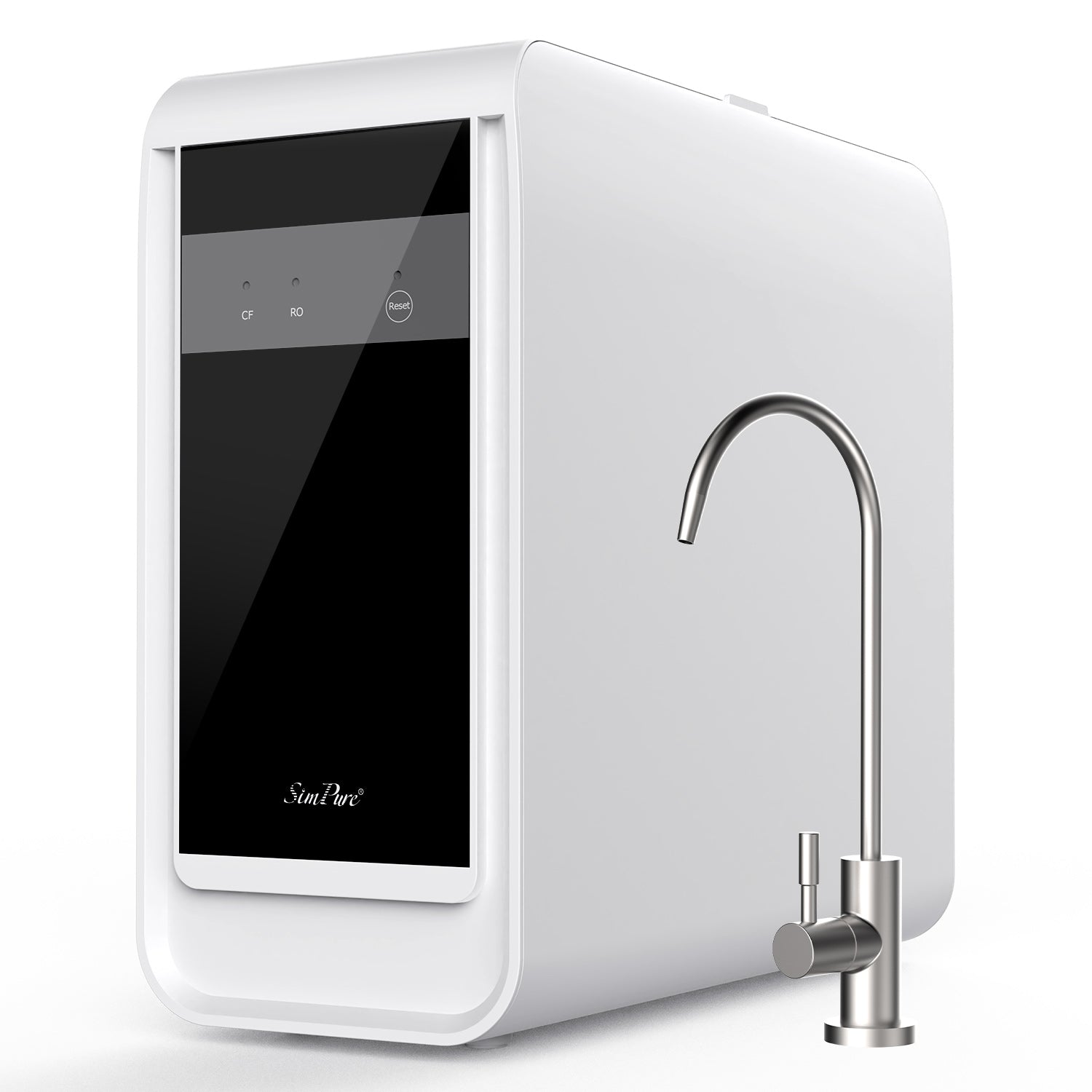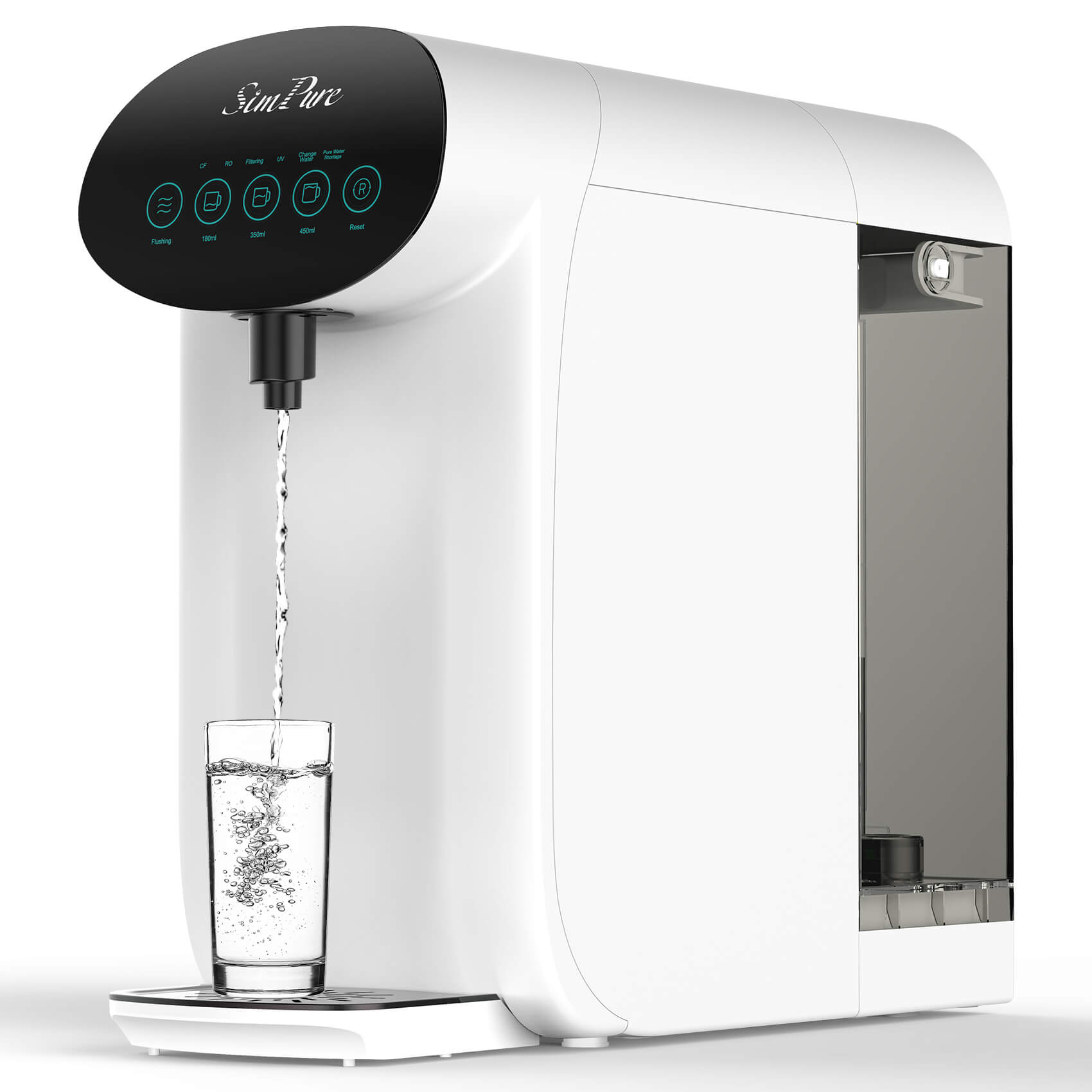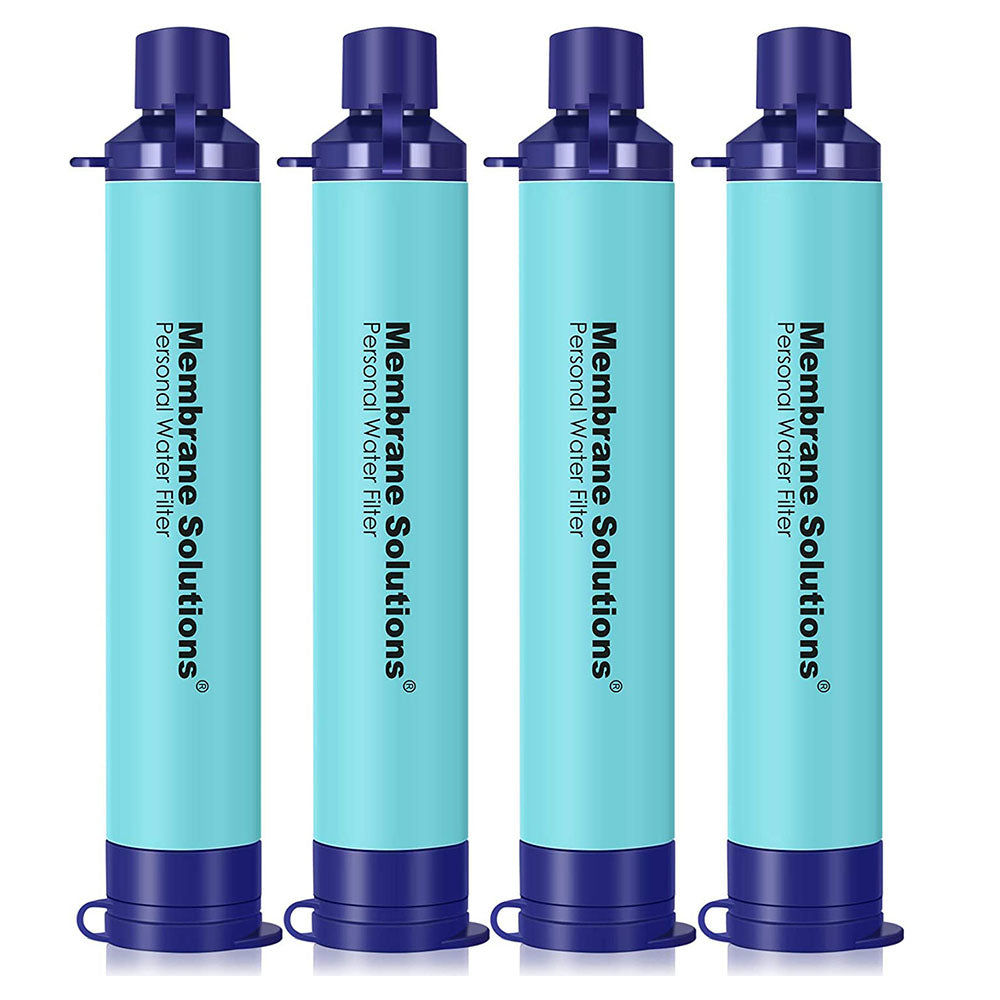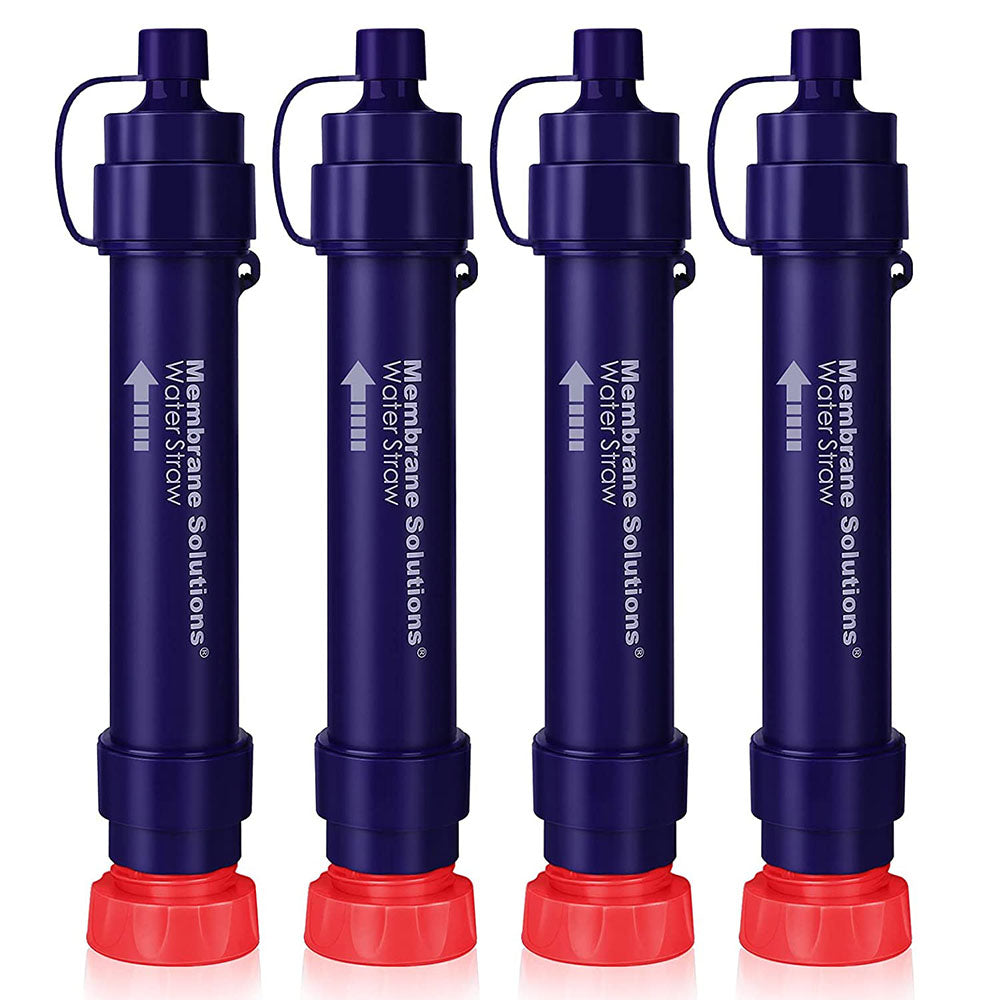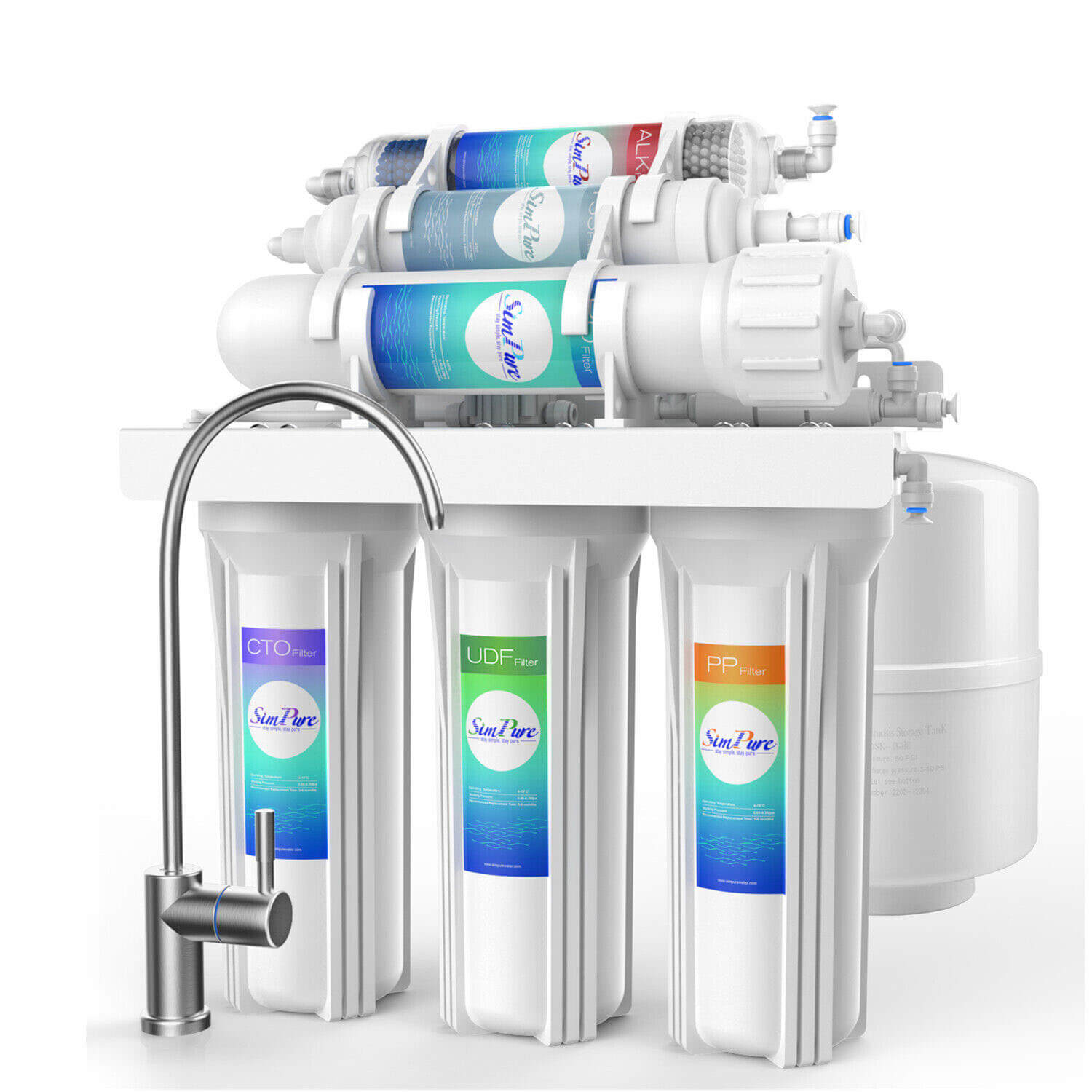When it comes to providing water for our beloved feline friends, the question of whether cats can drink tap water often arises. Understanding our cats' preferences and ensuring their safety and well-being is crucial. In this article, we will explore cat preferences regarding water sources, analyze the factors affecting the safety of tap water for cats, and shed light on how filtered water can align with their preferences while promoting their health. By engaging with this article, we aim to empower you to make informed and intelligent decisions regarding your furry companion's water choices.
Table of Contents
Your Cats Prefer Tap Water Because It's Running
However, Tap Water Can Potentially Pose Risks to Cats
Filtered Water Suits Cats' Preferences and Promotes Their Health
Your Cats Prefer Tap Water Because It's Running
Tap water is also called faucet water or sink water. In fact, cats may not have a natural preference for tap water; rather, they are simply curious about the water dripping from the tap. Their innate attraction to running water is driven by the sights, sounds, and movements it offers, which provide cats with a source of entertainment and mental stimulation. It is not uncommon for them to drink while playfully engaging with the flowing water. Additionally, the water ticking from the tap tends to be fresher and cooler compared to water in a bowl, making it more appealing. Moreover, the convenience of drinking without any restraints adds to their inclination toward tap water. And the presence of chlorine used for disinfection in tap water can actually attract cats due to its distinct odor. The similarity between the smell of chlorine and pheromones in cat urine can impact a cat's behavior and mood.

However, Tap Water Can Potentially Pose Risks to Cats
Tap water has the potential to contain bacteria, viruses, chlorine, fluorine, heavy metals, and other pollutants that can be hazardous to cats. However, it's important to consider that variations in geographical location, safety regulations, water sources, infrastructure, and treatment processes can result in differences in the composition and levels of tap water pollutants.
Factors Affecting The Safety of Cats Drinking Tap Water
1. Minerals and Hard Water
Tap water commonly contains minerals like calcium and magnesium, contributing to water hardness. While minerals are typically beneficial for cats, an excess of minerals in tap water can result in urinary system disease, including the development of crystals or stones, which can potentially lead to urinary tract issues in cats.
2. Chlorine and Other Chemicals
Tap water commonly includes chlorine and other chemicals employed for disinfection. Although the content of these chemicals is deemed safe for humans, they can have a more pronounced impact on cats due to their smaller size and different metabolism. Prolonged consumption of tap water with high chlorine levels can lead to the accumulation of chlorine in cats' bodies, potentially resulting in adverse effects on their stomach, liver, and kidneys, and even posing health risks.
3. Bacteria, Viruses, and Other Contaminants
Tap water contains various bacteria and microorganisms that, if consistently consumed by cats, can lead to the development of illnesses. This is especially true for young cats with more delicate digestive systems, drinking untreated tap water can result in gastrointestinal discomfort, such as diarrhea. Additionally, tap water may contain other contaminants like heavy metals, which can pose potential health risks to your cat. Certain pollutants have the potential to cause kidney damage, digestive issues, and even weaken the feline immune system.
Therefore, it is recommended not to let your cat drink tap water directly.
Filtered Water Suits Cats' Preferences and Promotes Their Health
Filtered Water Provides a Fresher and Cleaner Taste for Cats
Cats are known for their discerning taste and sensitivity to their environment. They are particularly sensitive to the smell of water, and filtered water undergoes a purification process that successfully eliminates minerals, sediment, particles, and other substances that can affect the taste and smell of tap water. Through this filtration, cats are presented with a purer, fresher-tasting, and aesthetically pleasing water source, making it more enticing and appealing to them.
Filtered Water Benefits the Cat's Kidneys and Body
Filtered water can effectively remove contaminants such as bacteria, viruses, heavy metals, and chemicals, reducing the chances of adverse effects on your cat's health and favoring a healthier immune system. These include: filtered water can help reduce the risk of crystals or stones forming in a cat's urinary tract by reducing the concentration of minerals, filtered water can promote healthier skin and more radiant fur by reducing the intake of potential allergens and pollutants, and filtered water can support cats' overall health by providing a source of clean and pure water, contributing to their physical health and vitality.
It is recommended to consider providing healthier and safer drinking water for your entire family, including your beloved cats, by utilizing SimPure reverse osmosis systems. These advanced filtration systems effectively remove a wide range of contaminants found in tap water, ensuring that provide clean, safe, and healthy drinking water for your family. To deepen your understanding of how reverse osmosis systems effectively eliminate various pollutants, you can explore SimPure's collection of blogs:
Does Reverse Osmosis Soften Water?
Does Reverse Osmosis Remove Chlorine?
Does Reverse Osmosis Remove Bacteria?
In summary, it is better not to allow your cat to drink directly from the tap. Cats are attracted to running water due to its entertainment value and freshness, but tap water can potentially pose risks due to contaminants such as bacteria, chlorine, and minerals. Factors like hard water, chlorine, and bacteria and viruses can affect the safety of cats drinking tap water. You can provide your cat with filtered water, and a reverse osmosis system can provide fresher, cleaner-tasting filtered water that also benefits your cat's kidneys, skin, coat, and overall health by removing contaminants.




